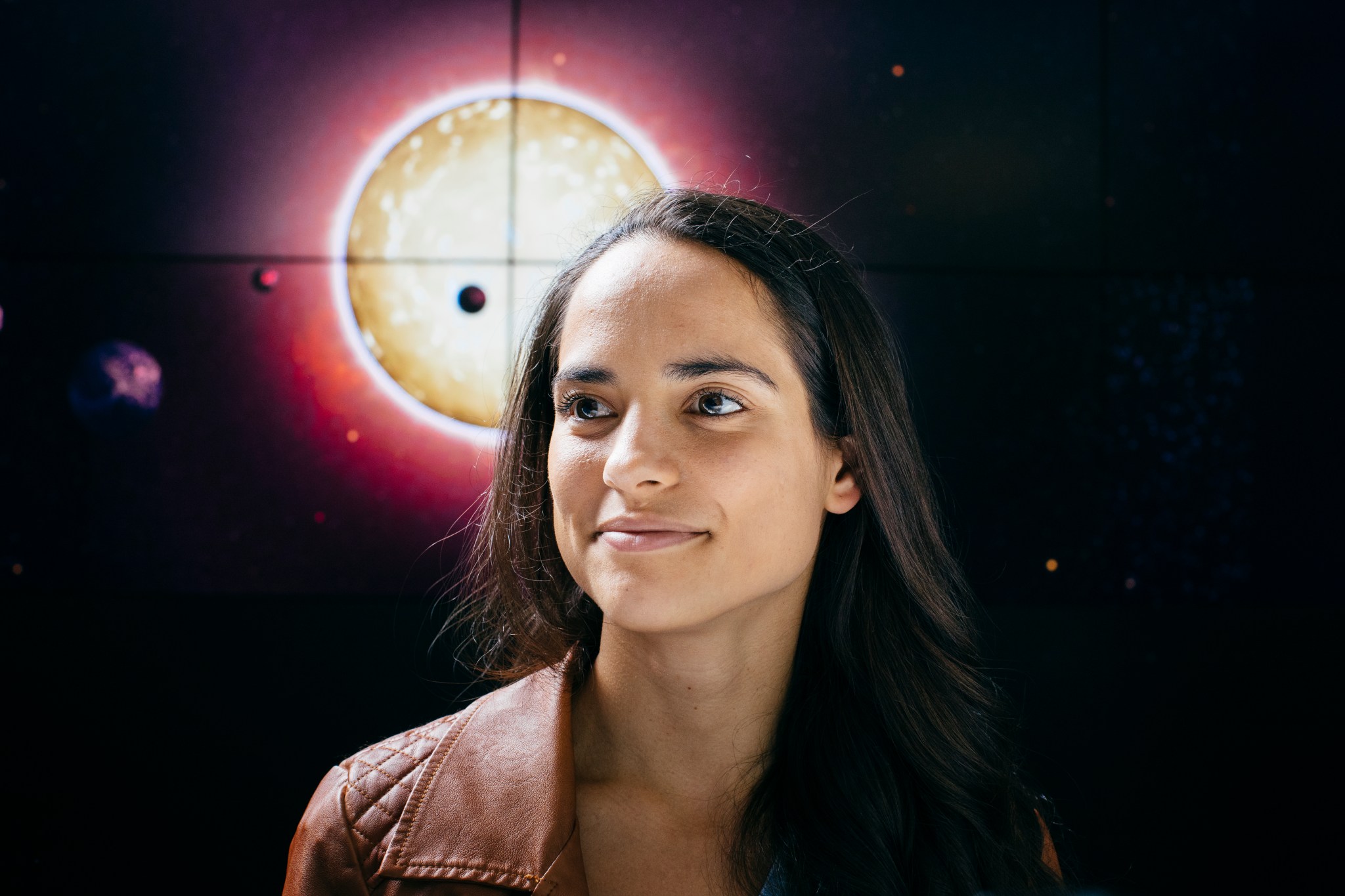
Science is often portrayed as a solitary affair, where discoveries are made by lone geniuses toiling in isolation. But Dr. Natasha Batalha, an astronomer at NASA's Ames Research Center in California's Silicon Valley, says solving problems with the people around her is one of the best parts of her job.
"Oh, man, working with people is all I do!" said Batalha, whose current research involves using NASA's James Webb Space Telescope to study exoplanets, planets outside our solar system that orbit other stars.
Batalha's work explores hot, Jupiter-like exoplanets; smaller, rocky exoplanets more similar to Earth; and brown dwarfs, mysterious objects smaller than a star but huge compared to the biggest planets. A single question has driven her since she was a kid: "Does life exist beyond Earth?"
It's a lofty question, bigger than any one scientist. And that's the point.
"I love being part of a larger community," she said, "We're working together to try to solve this question that people have been asking for centuries."
However, the particular joy of belonging wasn't always present in Batalha's life.
When she was 10, her family moved from Brazil to the U.S., where she was met with culture shock, pressure to assimilate, and a language barrier. She thinks the latter is partly why she gravitated toward the universal language of math.
Eventually, her interests and strengths took shape around astronomy. When she chose to study physics in college, followed by a dual PhD in astronomy and astrobiology, her parents - who are also scientists - helped fill in for the community she was otherwise lacking.
"In high school, I watched female students drop out of my physics classes," Batalha said. "The honors physics track in college was devoid of women and people of color. I didn't feel I had a community in my college classes."
Her mother, Natalie Batalha, is an astronomer who served as project scientist for NASA's Kepler space telescope- the mission that taught us there are more planets than stars. Natasha's father is a LatinX physicist. Both her parents had already faced similar challenges in their careers, and having their example to look at of people who had successfully overcome those barriers helped her push on.
"I identify as female and LatinX, which are both underrepresented groups in STEM," she said, "but I also have a ton of privilege because my parents are in the field. That gave me a dual perspective on how powerful community is."






